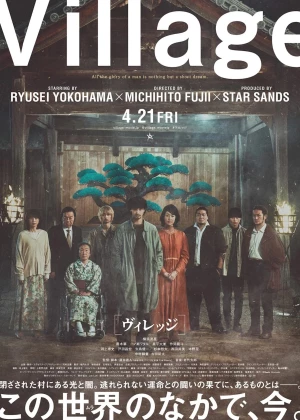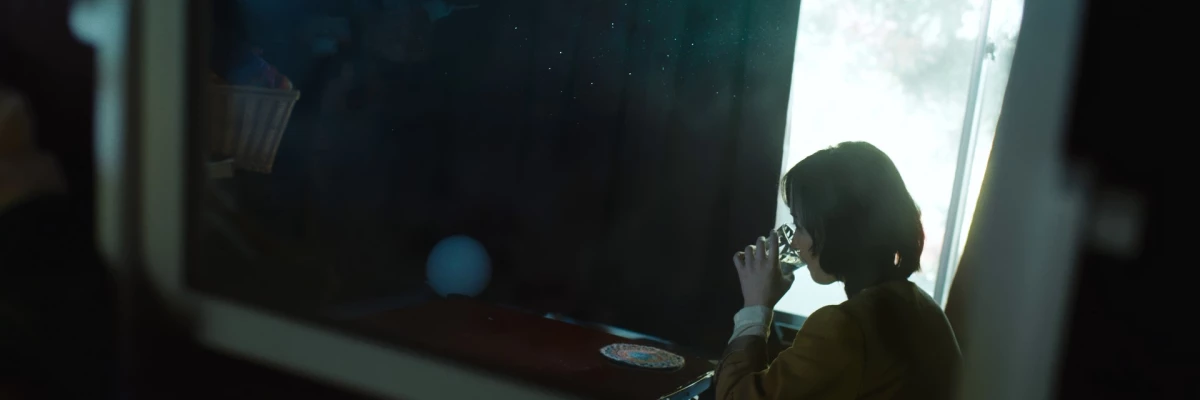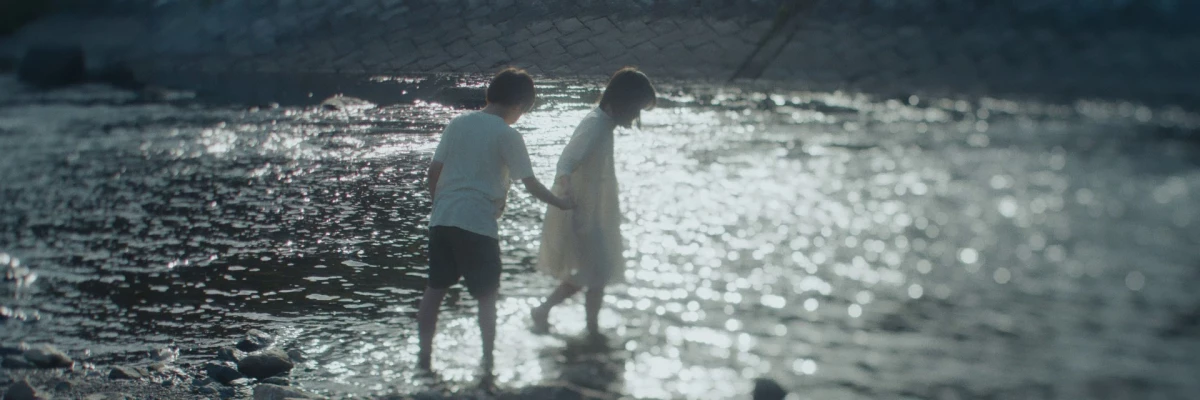Village

Michihito Fujii's Village is a film that was released with little fanfare, and like most Netflix films (by lesser-known directors) it quickly faded from view. I was doing a little catch-up lately and came across this title, not expecting too much from it. I should've known better though, when it comes to Netflix productions there is such a ridiculous bias that even quality films take an unnecessary hit when they are released on the platform. Fans of Japanese dramas with a darker twist will find plenty to love here, for others it may be a perfect introductory film into the genre.

Japan's rural towns are struggling, that much is clear. Earlier this year I watched Follow the Light, which had a similar premise but decided to add a bit of sci-fi and mystery to the mix. Fujii's Village takes a less frivolous route, relying on thriller and crime elements to liven up the story. The bottom line is very similar though. These little villages are struggling economically and as such they have a hard time keeping young people from leaving for more promising and bustling places. It's a struggle for relevance and survival, often one where cultural heritage is at stake, and one that goes hand in hand with tough decisions.
Kamonmura village tried to fix their problems with the construction of a huge recycling facility nearby, a brutalist building that towers high above the village on one of its nearby mountain slopes. The place employs many people from around and about, and it presents itself as an ecologically beneficial undertaking. It's also the ideal cover for shadier figures to dump their toxic waste at night, as the facility alone isn't enough to support the needs of the villagers. It's a typical damned if you do, damned if you don't situation that is embedded in a bit of local drama.
Yu is a young guy who has found a job at the town's recycling facility. He's a lowly worker who sorts through the trash, earning a little extra money on the side by helping with the illegal dumping at night. The local Yakuza has forced him into it to cover his mother's gambling debts. Things start to look up for Yu when a former friend returns to the village and gives him a more respectable job in the facility. Yu grabs this chance with both hands and becomes a local hero when a TV crew comes around to make a documentary about the company. But Yu can't erase his past, and it is bound to come back to haunt him.

I love these small Japanese villages set in the mountains, and Fujii makes the best of the setting to give his film some extra visual flair. The muted color palette fits the atmosphere, the camera work and the framing are meticulous, and the editing is timed perfectly. There's a bit of functional CG that could've used a little extra work and the film is maybe a little too eager to stick to visual conventions, but it's a good-looking feature that picks its moments to leave the plot on stand-by, just to provide a bit of pure cinematic prowess. I'm always happy to see films that go the extra mile.
The soundtrack also makes an effort to do something beyond the expected. I'm not a big Noh fan, but Fujii found a great way to blend the traditional art form with more contemporary touches, and the soundtrack plays a big part in that. The Noh performances are pretty spectacular, often building up to dramatic highlights. Outside of these scenes, the score is pretty traditional. The music is fitting and moody, but nothing too memorable, and mostly just supporting the vibe of a scene rather than actively directing it. Still, I was pretty impressed with the score in general.
Ryûsei Yokohama went through quite the transformation to play Yu, but it was worth it. His idol-like persona may have cast some doubt on his casting, but he tackles his role head-on and delivers an impressive performance. Haru Kuroki on the other hand has already established herself as one of Japan's leading actresses and gives another spirited performance here. The two get on great together, while secondary parts are a bit more limited, though familiar faces like Arata Furuta and Shidô Nakamura still manage to leave a lasting impression.

There's a considerable chronological jump that splits the film into two distinct parts, which is always a bit tricky. The film handles it well though, and while there's a short adjustment period halfway through, it didn't take me too long to settle into the second half of the story. I generally don't handle these plot structures well, but the extra ground the film needs to cover helps the pacing and Fujii made it quite clear from the start that we wouldn't just get a simple, continuous story. The second half is also instrumental for the thriller elements of the film to flourish, so no complaints there.
Village is a film that carries many of the typical Japanese drama traits but does away with some of its biggest hurdles. It's not as slow or hermetic as other films in the genre, making it an easy entry point for those not used to Japanese cinema. The intricate styling, the mix of classic folklore with contemporary culture, and the slick thriller elements make this a pretty accessible film while keeping that Japanese feel intact. And for once, the film is easily accessible, as it's just one click away for Netflix subscribers. It's a cool find, it's just a little sad to see it being buried in Netflix's ever-growing catalog.